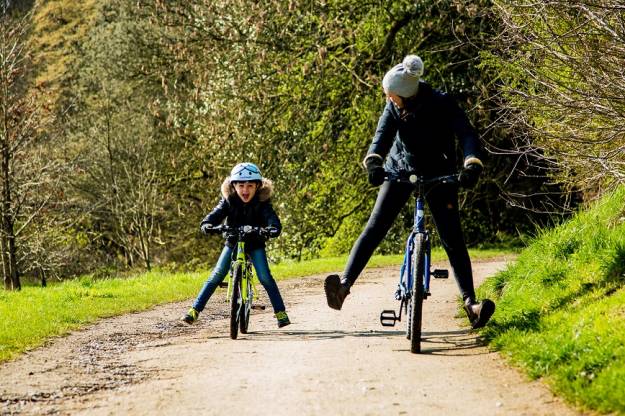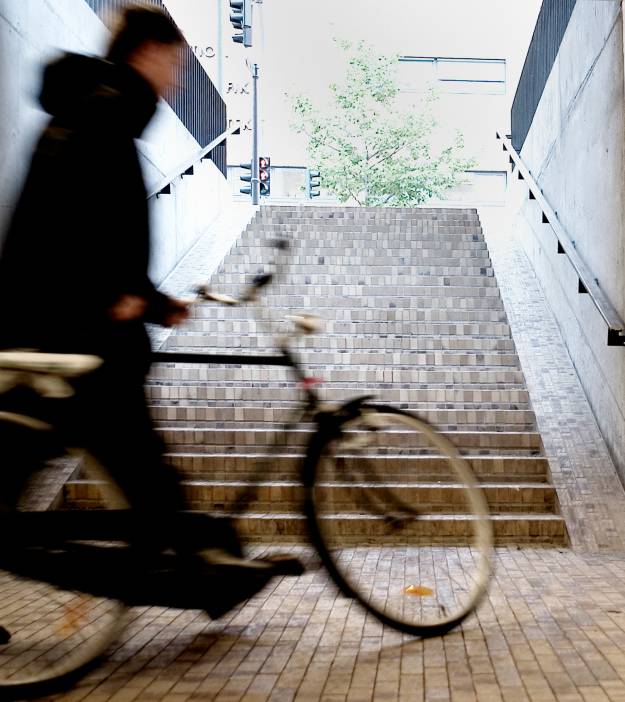If people young and old made just one in 10 trips by bike, Brits could gain the equivalent of almost one million extra healthy years of life over the next decade, British Cycling said today as it launched a 10 point plan for how Britain can be transformed into a true cycling nation.
If 10% of trips in England and Wales were made by bike, the savings to the NHS of the top inactivity related illnesses would be at least £250 million per year.*
British Cycling today used the new research to launch a manifesto that details how national and local government should be prioritising cycling as a form of transport.
The new manifesto, named Time to #ChooseCycling and launched at a reception in Parliament, sets out what needs to happen to get Britain cycling at even a fraction of the levels seen in the Netherlands and Denmark.
Read 'Time to #ChooseCycling'
British Cycling’s policy adviser and Olympic gold medallist, Chris Boardman, said:
“Britain is now one of the most successful cycling nations in the world. How can we be getting it so right in terms of elite success but still be failing to truly embed cycling as an everyday part of British culture? This research demonstrates that the impact of more cycling would have positive effects for everyone.
“In the 1970s, the Netherlands made a conscious choice to put people first and make cycling and walking their preferred means of transport. It is no coincidence that they are also one of the healthiest and happiest nations in the world. Local and national government needs to wake up and realise that cycling is the solution to so many of the major problems Britain is now facing.”
Chris Boardman will talk through the #ChooseCycling action plan later today when he gives evidence to the Transport Select Committee’s inquiry on cycling. Now is the time to give every day cycling the investment and attention it deserves, Boardman will say. From tackling dangerous HGVs to asking government to up its spending on cycling from just £2 to £10 per head, Chris Boardman will persuade MP’s that the opportunity to transform cycling is now a very real possibility with the right political will at a national and local level.
Dr James Woodcock, a senior researcher at Cambridge University’s Centre for Diet and Activity Research (CEDAR), said:
“Cycling is a great way for people to embed physical activity in their everyday lives. If we can get people to stay active throughout their lives then it can make a huge difference to their health. To make cycling a mass activity in Britain, as it is in the Netherlands, is going to require both environments that make cyclists feel safe and a culture that says cycling is a normal way for people to get around - whatever their age. This research, based on scenarios for towns and cities in England and Wales, outside London, shows the potential for population health benefits from cycling.”
* Heart disease alone currently costs the NHS around £2 billion per year. A 5% reduction in burden to the NHS would equate to a saving of around £100 million annually. If heart disease is added to the costs of strokes and obesity related cases of Type 2 diabetes, the total annual burden on the health service is around £5 billion. Calculation by British Cycling.












